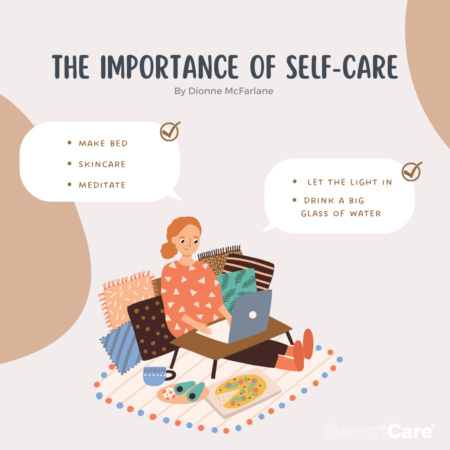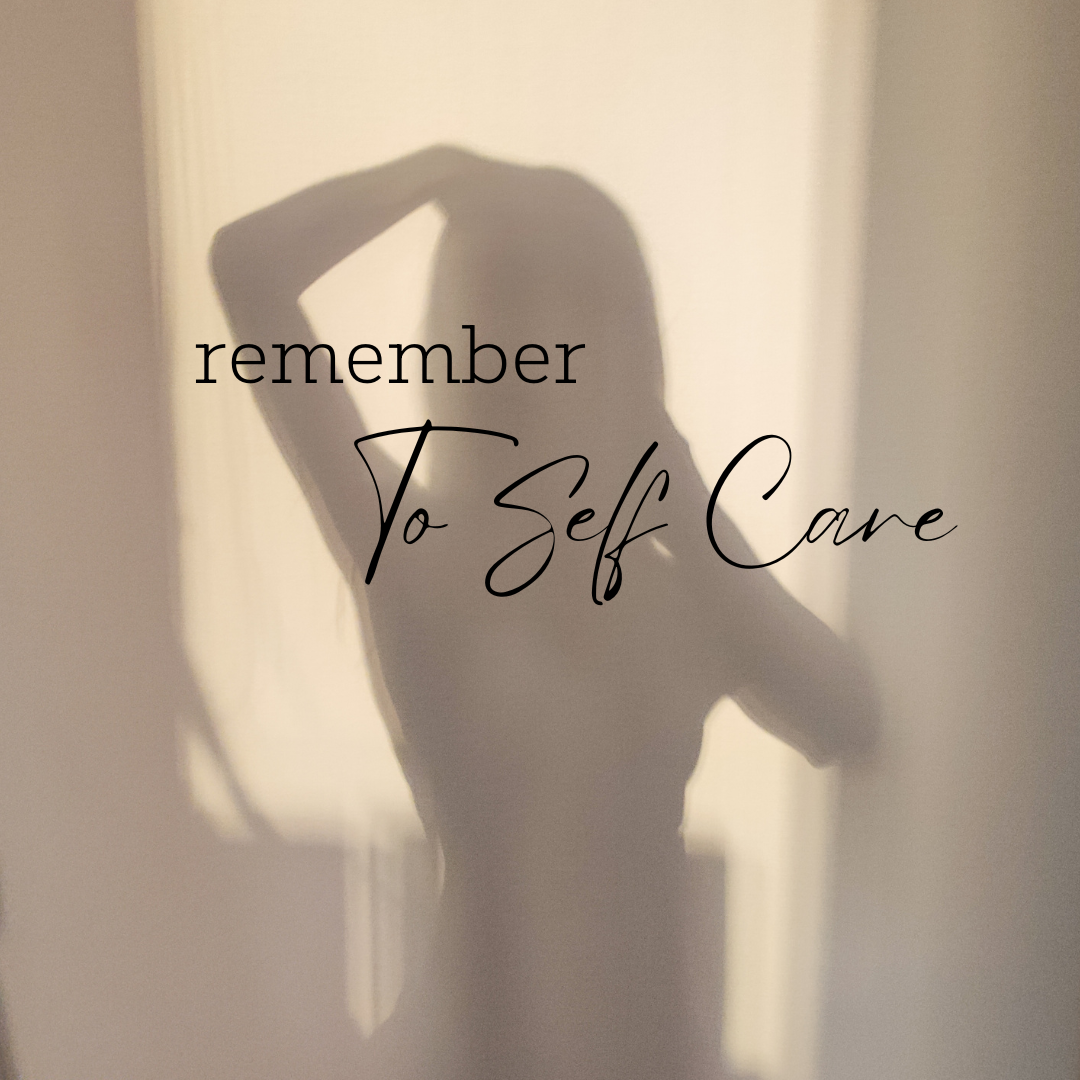Self-Care: Your Ultimate Investment for a Balanced Life
In the hustle and bustle of modern life, it’s easy to get caught up in the demands of work, relationships, and responsibilities, often neglecting the most important aspect of our lives – ourselves. Self-care often misunderstood as indulgence or selfishness, is in fact, a fundamental practice crucial for our overall well-being.
In this article, we delve into the profound importance of self-care, exploring its benefits across physical, mental, and emotional realms, and offering practical strategies to incorporate it into daily life.
Understanding Self-Care
Self-care encompasses a broad spectrum of activities and practices aimed at nurturing one’s physical, mental, and emotional health. Contrary to popular belief, self-care is not synonymous with pampering oneself with occasional treats or luxuries; rather, it involves consistent, intentional efforts to prioritize one’s well-being. It involves recognizing and addressing one’s needs, setting boundaries, and engaging in activities that promote balance and rejuvenation.

Physical Well-Being
At the core of self-care lies the nurturing of our physical health. Our bodies are the vessels through which we experience life, and neglecting their needs can have detrimental consequences.
Adequate sleep, regular exercise, and a balanced diet form the foundation of physical self-care. Sleep deprivation, sedentary lifestyles, and poor dietary choices not only impact our physical health but also affect our cognitive function and emotional well-being. By prioritizing activities that nourish our bodies, such as mindfulness exercises, yoga, or simply taking a walk outdoors, we can enhance our vitality and resilience.
Mental Health
In an era marked by incessant stimulation and information overload, safeguarding our mental health is paramount. Self-care practices promote mental health wellness such as mindfulness meditation, journaling, and engaging in hobbies or activities that bring joy and fulfillment.
These practices cultivate self-awareness, reduce stress levels, and foster resilience in the face of life’s challenges. Moreover, seeking professional support when needed and practicing self-compassion are integral components of mental self-care.
Emotional Resilience
Emotions are a fundamental aspect of human experience, yet many of us struggle to navigate them effectively. Suppressing emotions or neglecting their significance can lead to chronic stress, anxiety, and even depression.
Self-care involves cultivating emotional intelligence, which entails recognizing, understanding, and managing one’s emotions in healthy ways. Techniques such as deep breathing exercises, expressive arts therapy, and spending time with loved ones can facilitate emotional healing and resilience.
Preventing Burnout
In today’s fast-paced society, burnout has become increasingly prevalent, affecting individuals across various professions and life stages. Burnout is characterized by physical and emotional exhaustion, cynicism, and a diminished sense of accomplishment.
Self-care serves as a powerful antidote to burnout, enabling individuals to replenish their energy reserves and regain a sense of purpose and vitality. By establishing healthy boundaries, practicing time management, and prioritizing self-care rituals, individuals can mitigate the risk of burnout and cultivate sustainable habits for long-term well-being.

The Ripple Effect of Self-Care
The benefits of self-care extend far beyond the individual, influencing the quality of relationships and communities as a whole. When individuals prioritize their well-being, they are better equipped to show up fully in their roles as partners, parents, friends, and colleagues.
By modeling self-care behaviors, individuals inspire others to prioritize their well-being, creating a ripple effect that fosters collective resilience and vitality.
Practical Strategies for Self-Care
Practical strategies for self-care are essential for integrating this vital practice into daily life. These strategies aim to foster well-being across physical, mental, and emotional dimensions, promoting balance and resilience.
Let’s explore some practical self-care techniques that individuals can incorporate into their routines:
Establish a Self-Care Routine
Designate specific times each day or week for self-care activities. This could include setting aside time in the morning for mindfulness meditation, taking a midday break for a walk outdoors, or dedicating evenings to indulging in a favorite hobby or relaxation technique.

Prioritize Sleep
Quality sleep is crucial for overall well-being. Establish a consistent sleep schedule, aiming for 7-9 hours of restful sleep each night. Create a conducive sleep environment by minimizing noise and light, and practice relaxation techniques such as deep breathing or progressive muscle relaxation before bedtime.
Nourish Your Body
Pay attention to your dietary choices and aim for a balanced and nutritious diet rich in fruits, vegetables, whole grains, and lean proteins. Stay hydrated by drinking plenty of water throughout the day, and limit consumption of caffeine and alcohol, particularly close to bedtime.
Stay Active
Regular physical activity is essential for maintaining physical health and reducing stress. Find activities that you enjoy, whether it’s going for a jog, practicing yoga, or dancing to your favorite music. Incorporate movement into your daily routine, such as taking the stairs instead of the elevator or going for a walk during lunch breaks.
Practice Mindfulness
Cultivate present-moment awareness through mindfulness practices such as meditation, deep breathing exercises, or body scans. Take a few minutes each day to tune into your thoughts, sensations, and emotions without judgment, allowing yourself to fully experience the present moment.
Set Boundaries
Learn to say no to activities or commitments that drain your energy or compromise your well-being. Establish healthy boundaries in relationships and work settings, prioritizing your needs and values. Communicate assertively and respectfully to advocate for your boundaries.
Engage in Self-Compassion
Treat yourself with kindness and compassion, especially during times of difficulty or self-doubt. Practice self-compassion by
- Acknowledging your struggles without judgment,
- Offering yourself words of encouragement,
- Engaging in activities that nurture self-love and acceptance.
Connect with Others
Foster meaningful connections with friends, family, and community members who uplift and support you. Schedule regular social activities or reach out to loved ones for conversation and companionship. Investing in relationships provides a sense of belonging and strengthens social support networks.
Unplug and Recharge
Take breaks from technology and digital devices to reduce mental clutter and promote relaxation. Set boundaries around screen time, especially before bedtime, and engage in offline activities such as reading, spending time in nature, or pursuing creative endeavors.
Practice Gratitude
Cultivate an attitude of gratitude by reflecting on the positive aspects of your life and expressing appreciation for the blessings you have. Keep a gratitude journal and write down three things you’re grateful for each day, fostering a sense of abundance and perspective.
Seek Professional Support
Don’t hesitate to seek professional help if you’re struggling with mental health challenges or overwhelming stress. Therapy, counseling, or support groups can provide valuable guidance and support in navigating difficult emotions and situations.
Celebrate Small Wins
Acknowledge and celebrate your achievements, no matter how small. Recognize your efforts and progress towards your goals, and reward yourself for milestones achieved. Cultivating a sense of accomplishment boosts self-esteem and motivation.
By incorporating these practical self-care strategies into your daily life, you can nurture your mind, body, and soul, fostering resilience and well-being amidst life’s challenges and uncertainties. Remember that self-care is not a one-size-fits-all approach; it’s about discovering what works best for you and prioritizing your needs with compassion and intentionality. Start small, be consistent, and embrace the journey of self-discovery and self-care.
Conclusion
In the journey of life, amidst all its complexities and challenges, self-care emerges as a beacon of hope and resilience. By nurturing our mind, body, and soul, we empower ourselves to navigate life’s twists and turns with grace and authenticity. You can get redirected here to watch the short animation about the importance of self-care.
Let us embrace the profound importance of self-care, not as a luxury reserved for special occasions, but as a fundamental practice that enriches every aspect of our lives. As we prioritize our well-being, we not only enhance our quality of life but also contribute to a world brimming with vitality, compassion, and joy.
